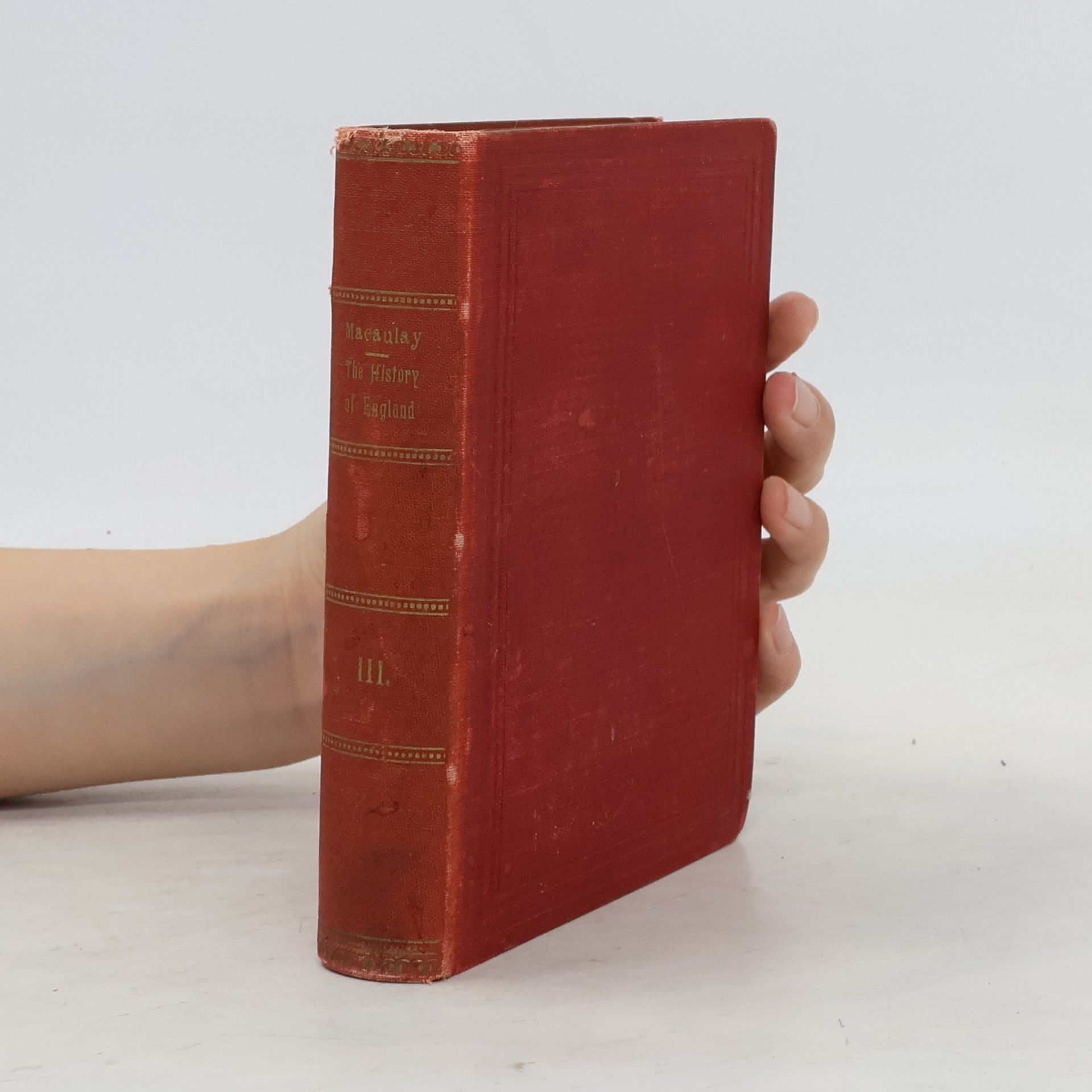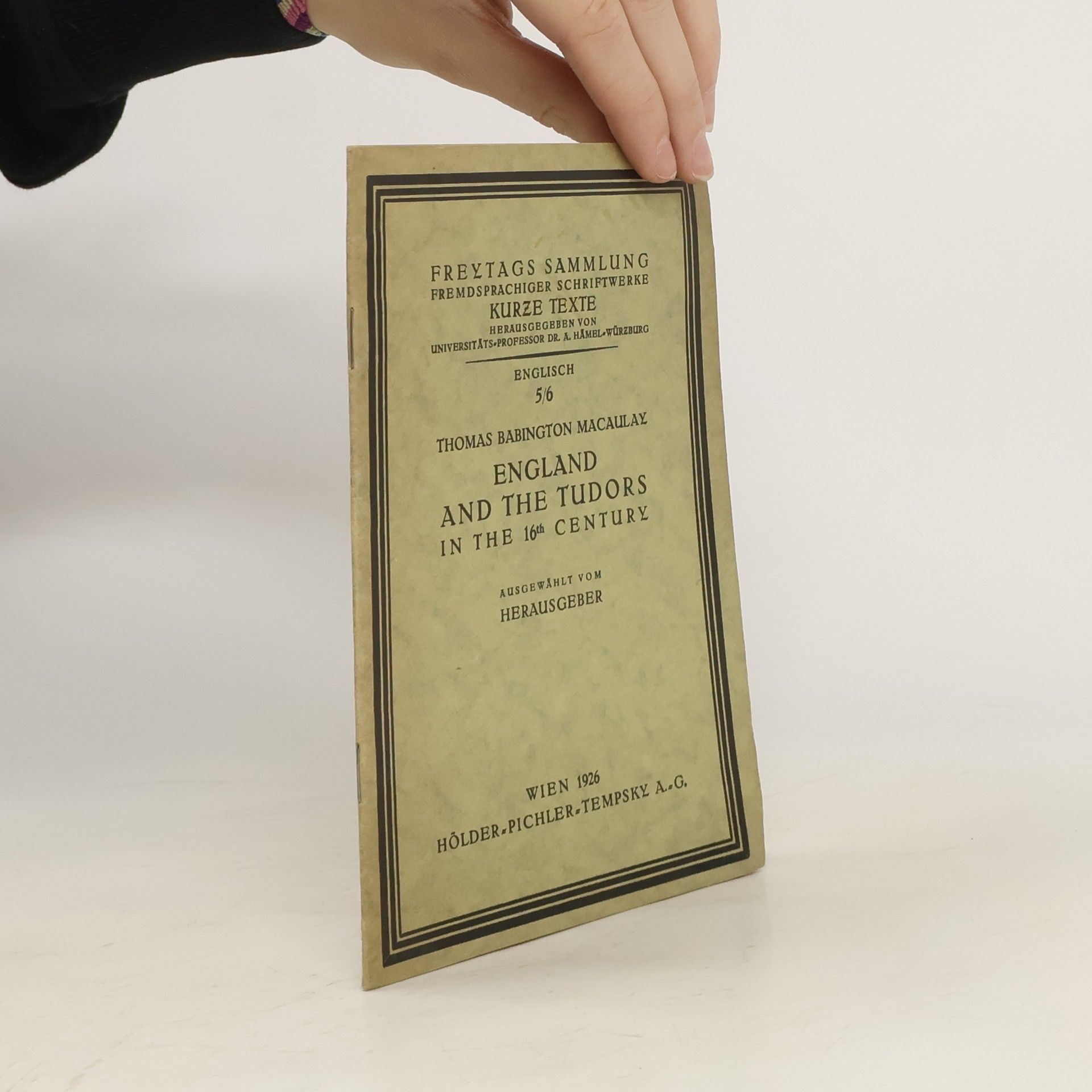English Essays
From Sir Philip Sidney to Macaulay: The Five Foot Shelf of Classics, Vol. XXVII (in 51 Volumes)
- 428pages
- 15 heures de lecture
This collection features a diverse range of essays and writings from prominent authors spanning various literary movements. Each piece reflects unique perspectives on society, philosophy, and human nature, showcasing the evolution of thought during their respective eras. The works delve into themes such as morality, politics, and personal reflection, providing insight into the cultural and intellectual landscape of their time. Readers will encounter both celebrated classics and lesser-known gems, enriching their understanding of literary history.







